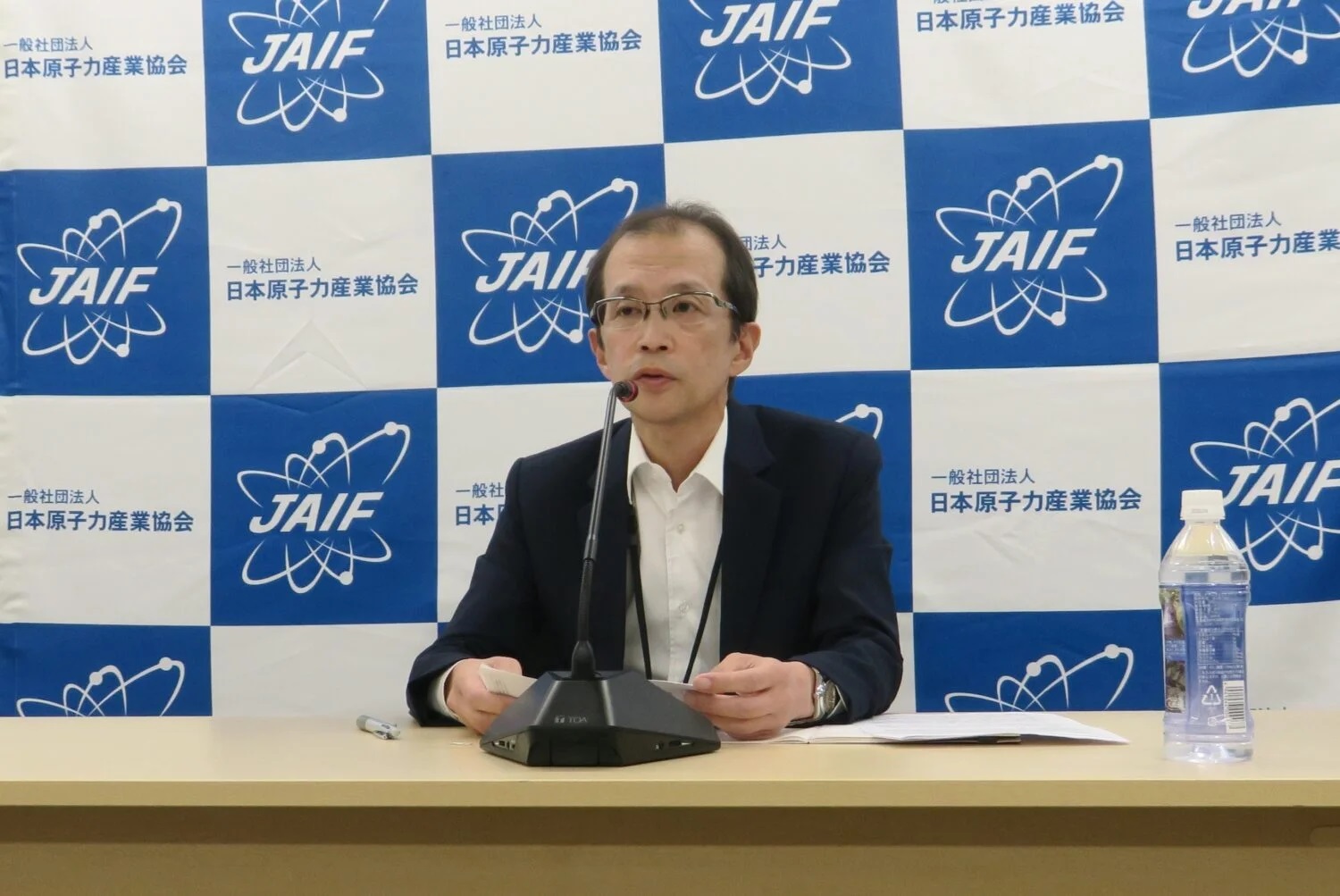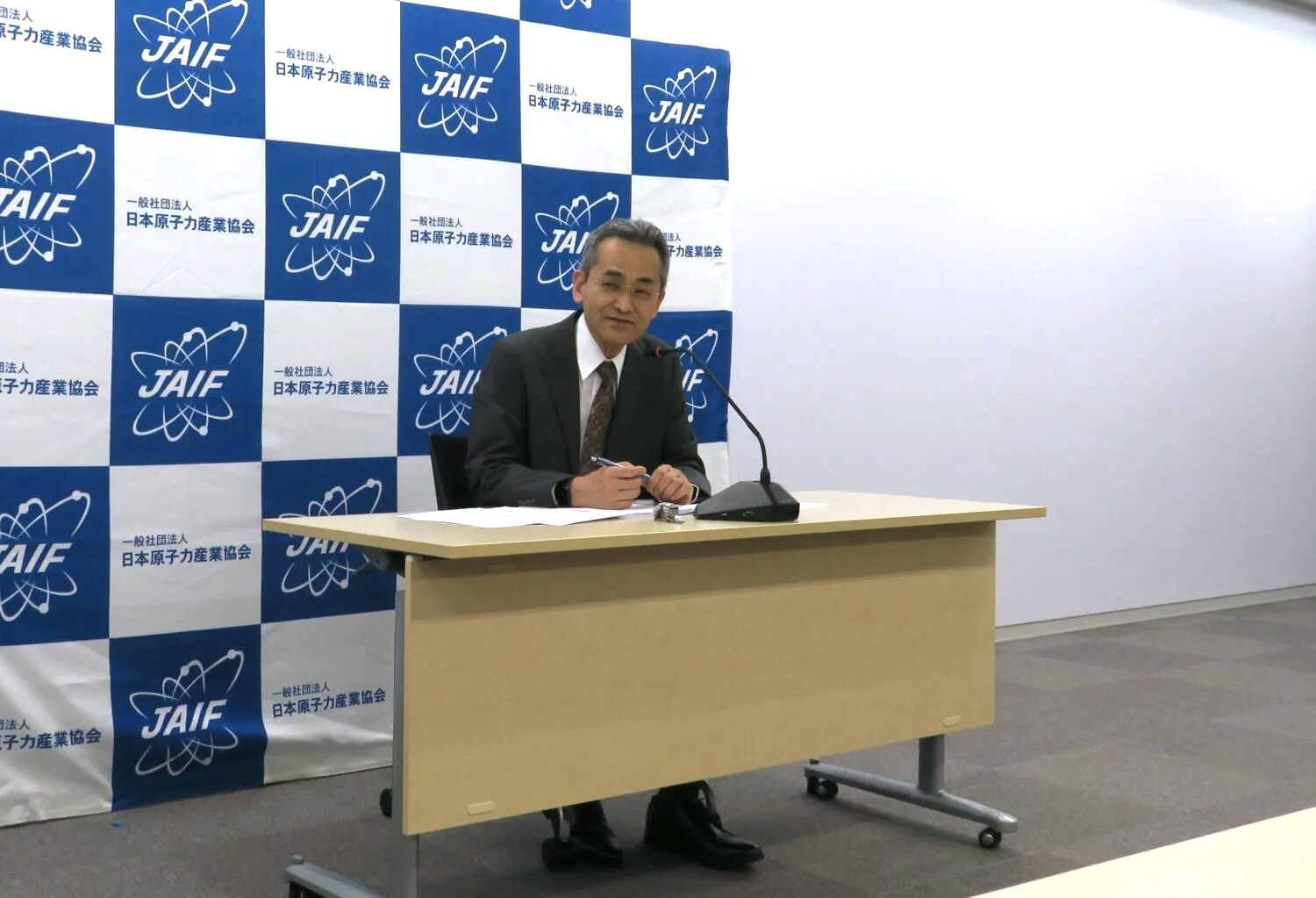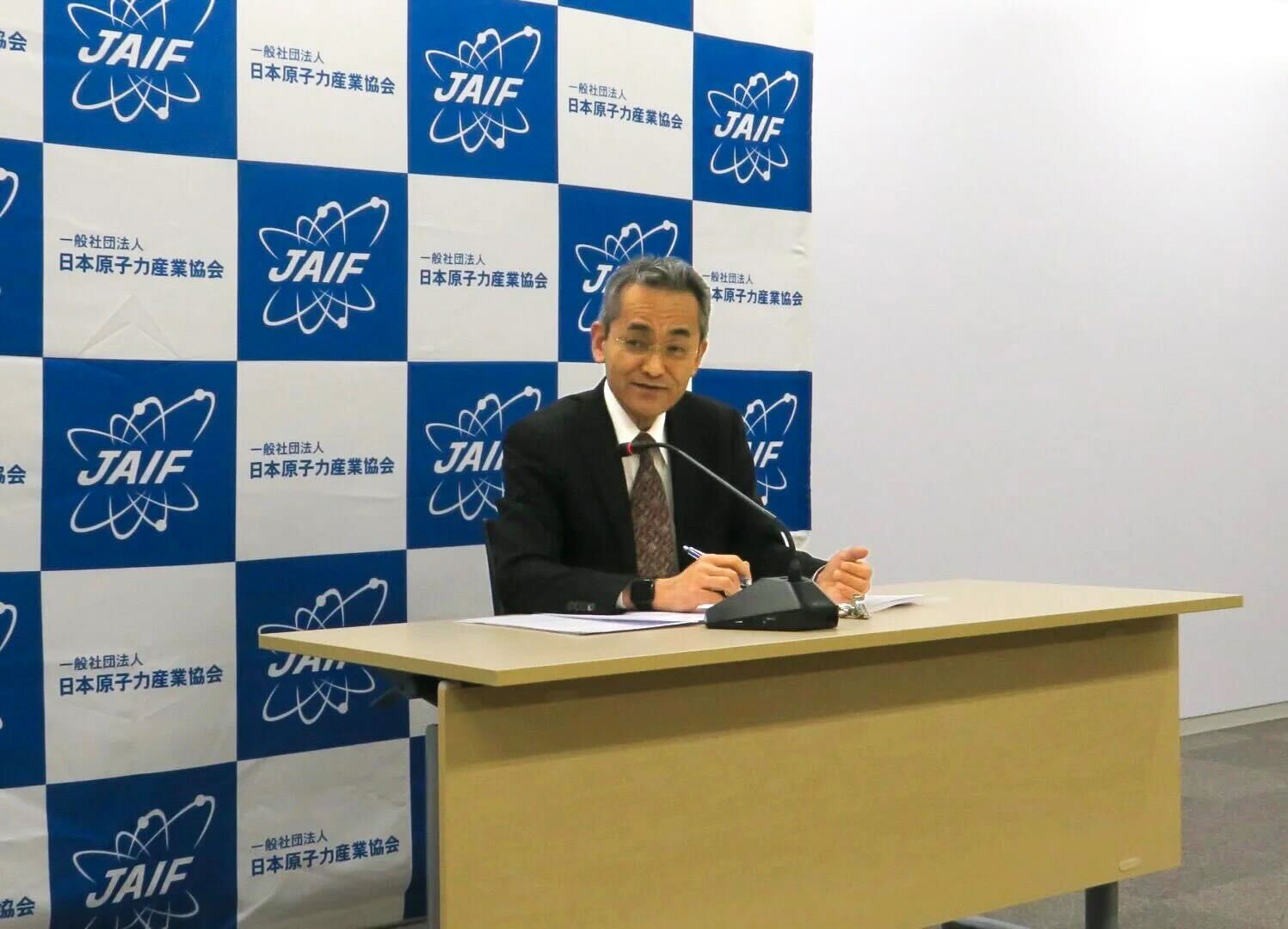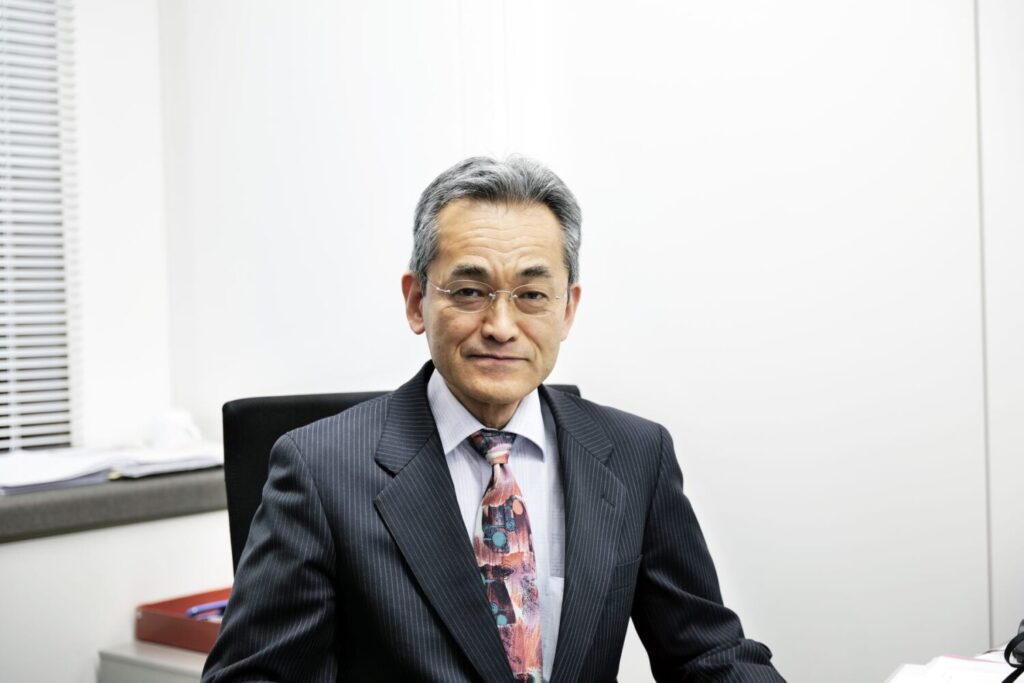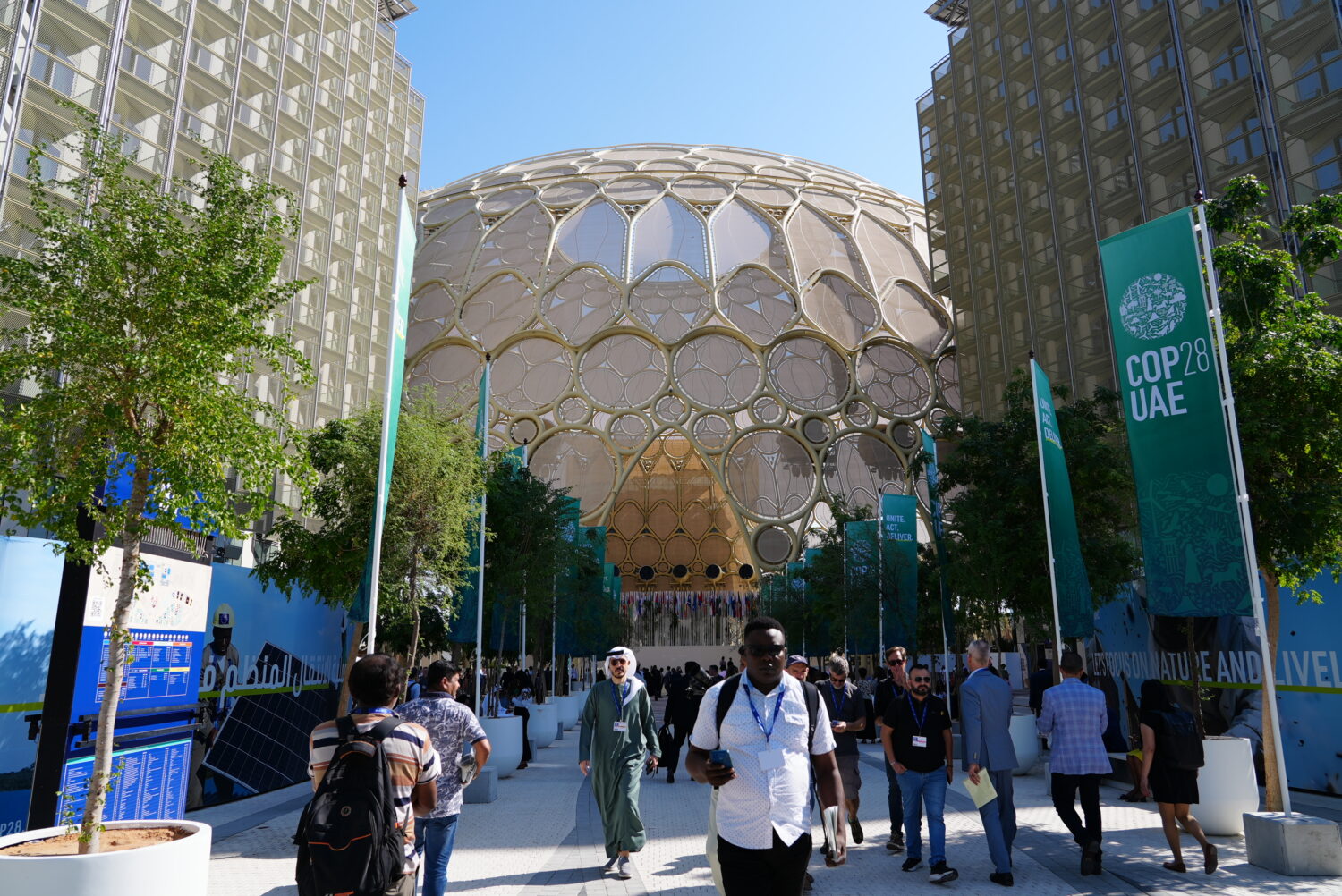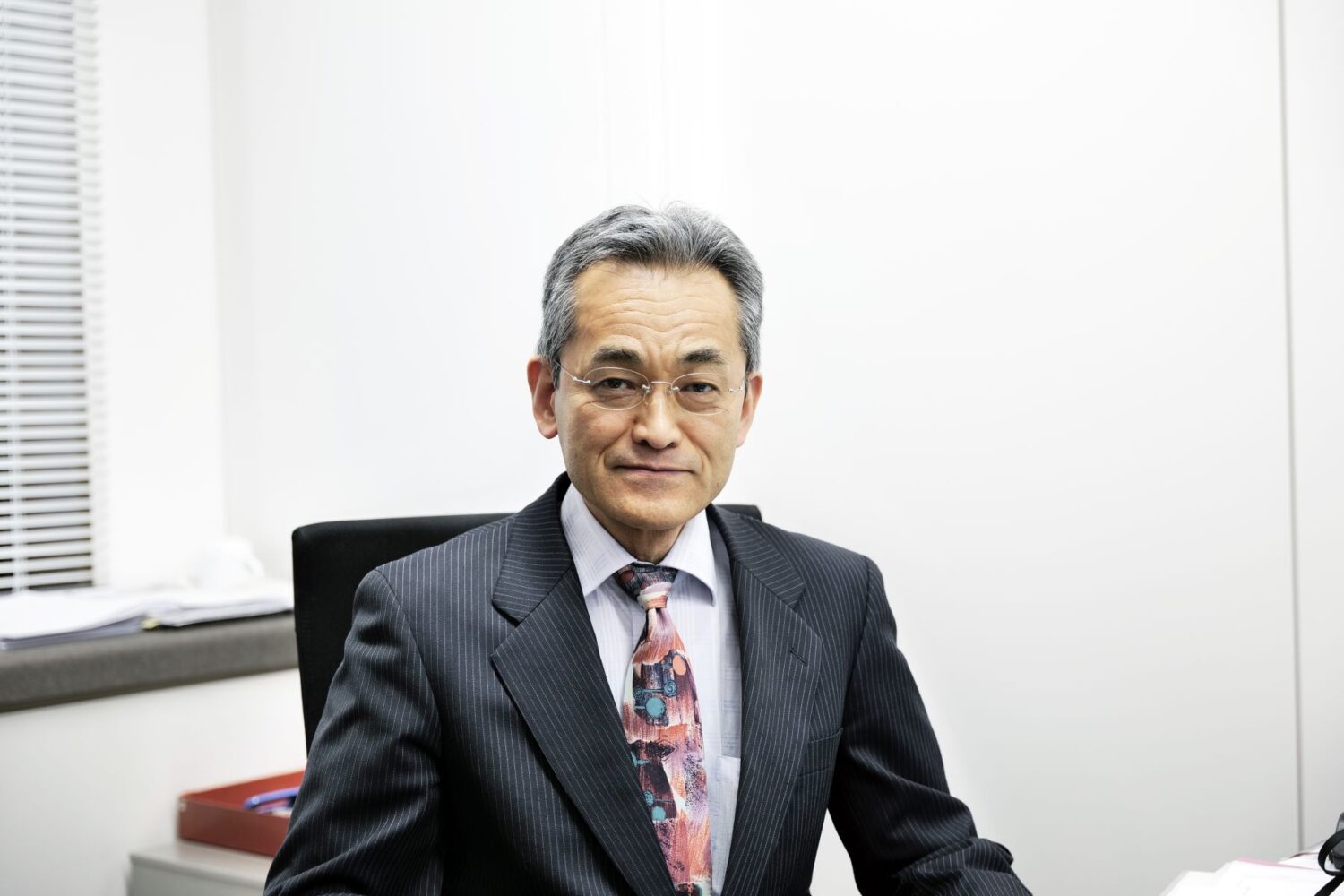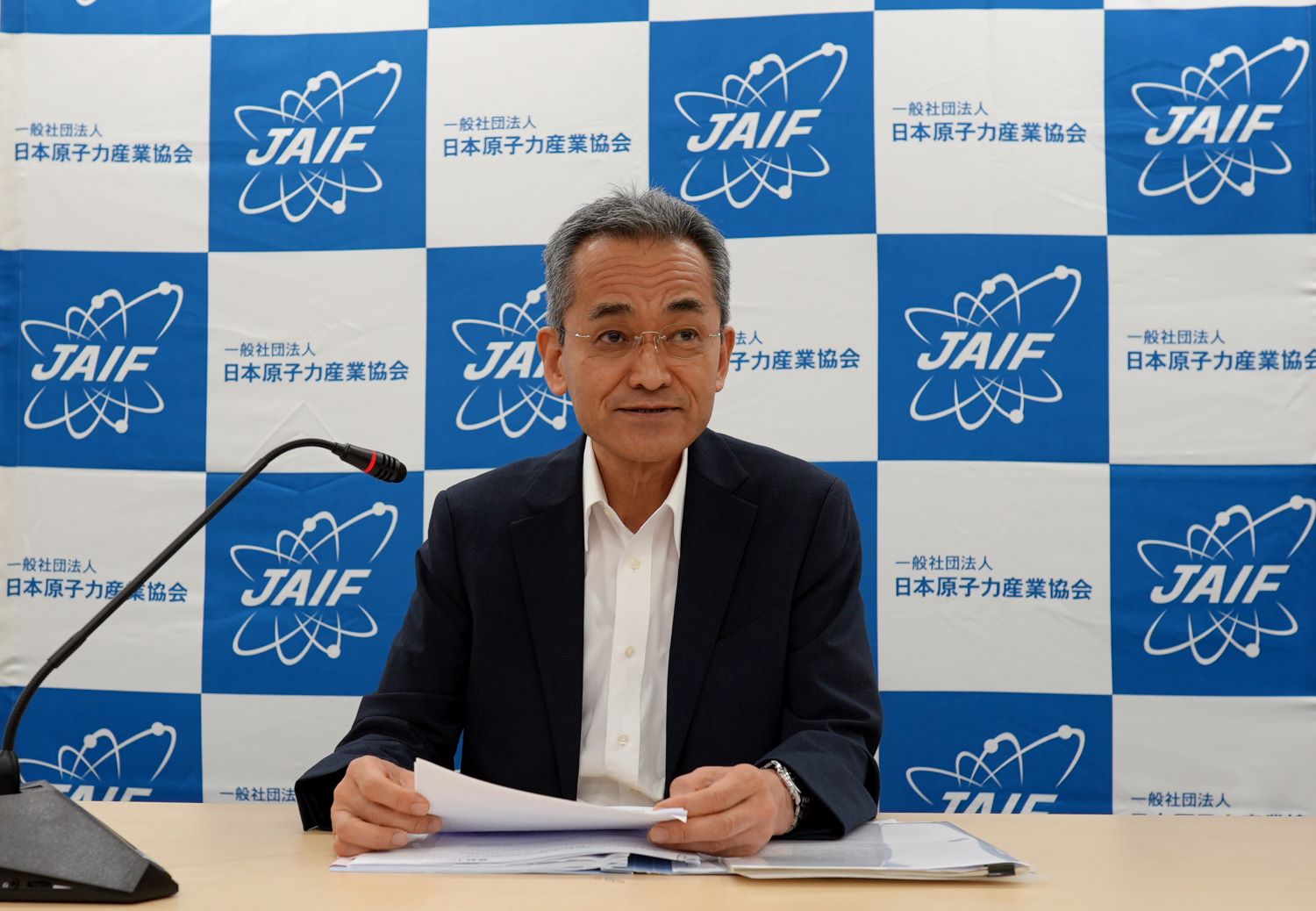Globally, interest in nuclear energy is increasing. For example, with the COP26 agreement in November 2021 for countries to strive to hold the temperature increase within 1.5℃, Dr. Fatih Birol, executive director of the International Energy Agency (IEA) referred to both CO2 reduction targets and economic growth when he said, “Nuclear power is set to make a comeback on the global energy scene.” Meanwhile, President Ursula Von der Leyen of the European Commission (EC)—where there had been confusion over labeling nuclear energy a green investment—said, “In addition to renewable energies, a stable supply source like nuclear power is necessary.” Having faced hikes in energy prices due to critical shortages of natural gas, Europe is once again recognizing the value of the stable supply capacity that nuclear energy affords.
This year, too, Japan’s nuclear industry, while ensuring safety and perpetual improvement, will endeavor to utilize existing reactors to their maximum, including the early restart of current plants, as well as the construction of new and replacement reactors in the future, for the sake of sustainable growth in the future.
Here, at the beginning of 2022, I want to talk about four pillars in JAIF’s activities this year.
Obtaining Understanding on Nuclear Power
In order for Japan to promote the use of nuclear power as its energy policy, public support for nuclear power is essential. One effective way of gaining support is to make as many people as possible aware of the activities of power operators in the pursuit of safety. Similarly, a better understanding of the meaning of S+3E—safety, along with energy security, economy and environmental protection, each inherent in nuclear energy—helps build public confidence in nuclear power.
JAIF will highlight the value of nuclear energy through dialogues with the mass media and the use of various communications tools, and will also work on activities for two-way understanding in cooperation with related organizations and through activities in siting regions, among other activities.
For the sustainable use of nuclear energy, JAIF will promote public understanding and approach the national government for the realization of operational extensions for nuclear power plants (NPPs) and measures to improve capacity factors, both toward maximum utilization of existing reactors. It will also promote improvements to the business environment toward the construction of new reactors and maintaining supply chains, etc., and promote the carrying out of the nuclear fuel cycle and disposal of high-level radioactive waste (HLW).
Support for Fukushima Reconstruction
Because the reconstruction of Fukushima is recognized in the Strategic Energy Plan as the raison d’etre of energy policy, it is essential, in order to promote nuclear use, to work effectively in support of decommissioning the Fukushima Daiichi NPPs and reconstructing the prefecture.
JAIF will endeavor to proactively dispel unfounded fears and rumors through the dissemination of Fukushima-related information, conducting on-site tours, introducing Fukushima products, and cooperating in efforts to sell them, among other activities.
Ensuring and Educating Human Resources
For nuclear power to be used sustainably, necessary skills and techniques must be refined through education, training, actual experience and the challenges of the research and development of innovative technologies. Efforts must be made through cooperation among industry, the government, and academia to ensure adequate next-generation human resources and to maintain and foster them.
JAIF will continue to convey the attractiveness of careers in the nuclear industry to students and hold seminars in support of the industry’s human resource efforts. It also will work to develop human resources through strategic cooperation among the government, universities and industry through the Japan Nuclear Human Resource Development Network (JN-HRD Net).
International Cooperation
Globally, recognition is increasing of the value of nuclear power in association with responses to climate change issues and the achievement of sustainable development goals (SDGs). Importantly, Japan, with its considerable experience to date, has key contributions to make in improving safety and enhancing technology at NPPs worldwide. It important that Japan’s nuclear industry grow sustainably as it works together with other nations.
JAIF, in cooperation with other countries and international organizations, will work to share the value of nuclear power and bolster its presence. It will also cooperate with other countries and regions, exchanging information and opinions, in coping with common issues, and disseminate information and conduct business exchange activities helpful to Japan’s nuclear industry.
Shiro Arai, President, JAIF




